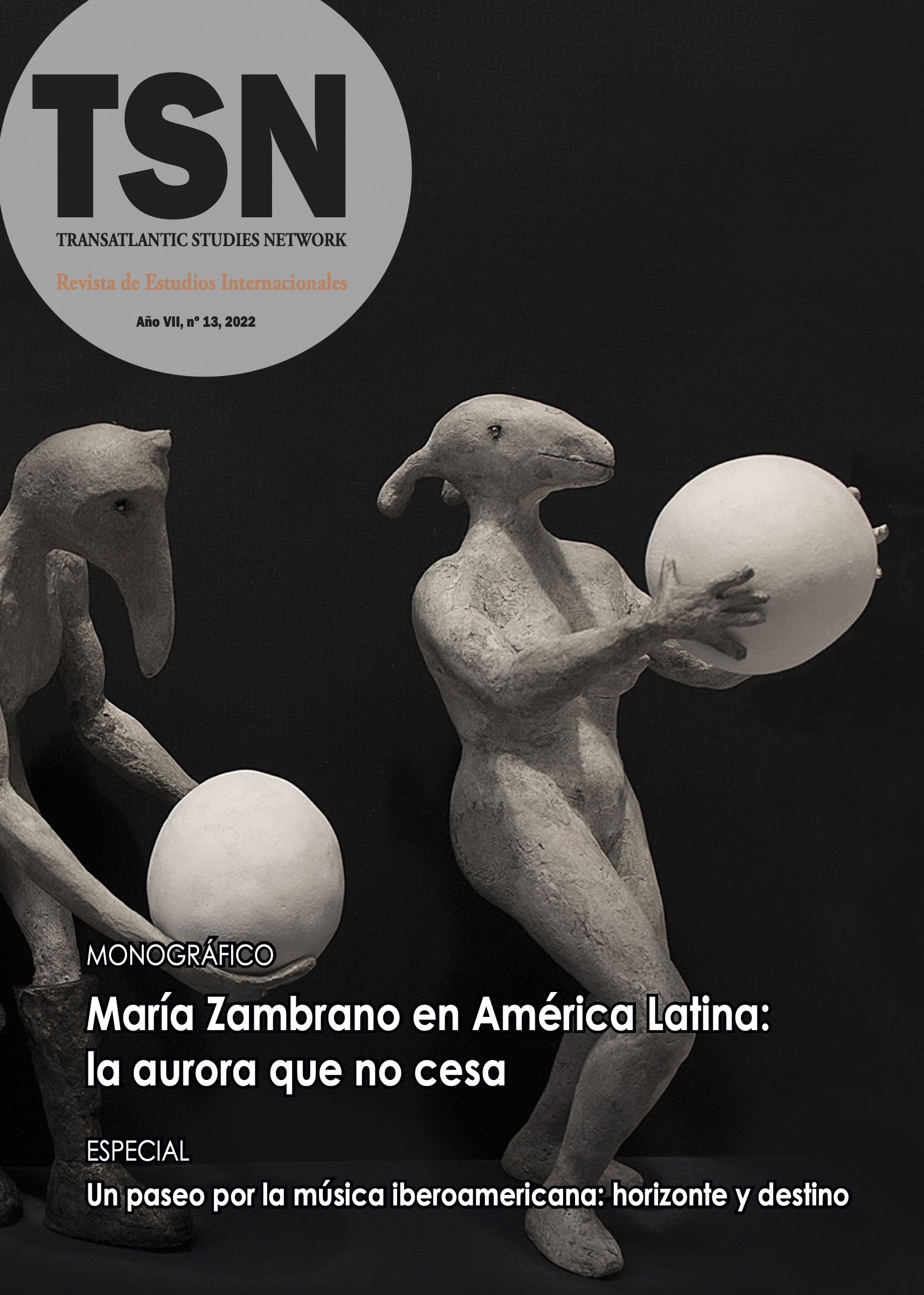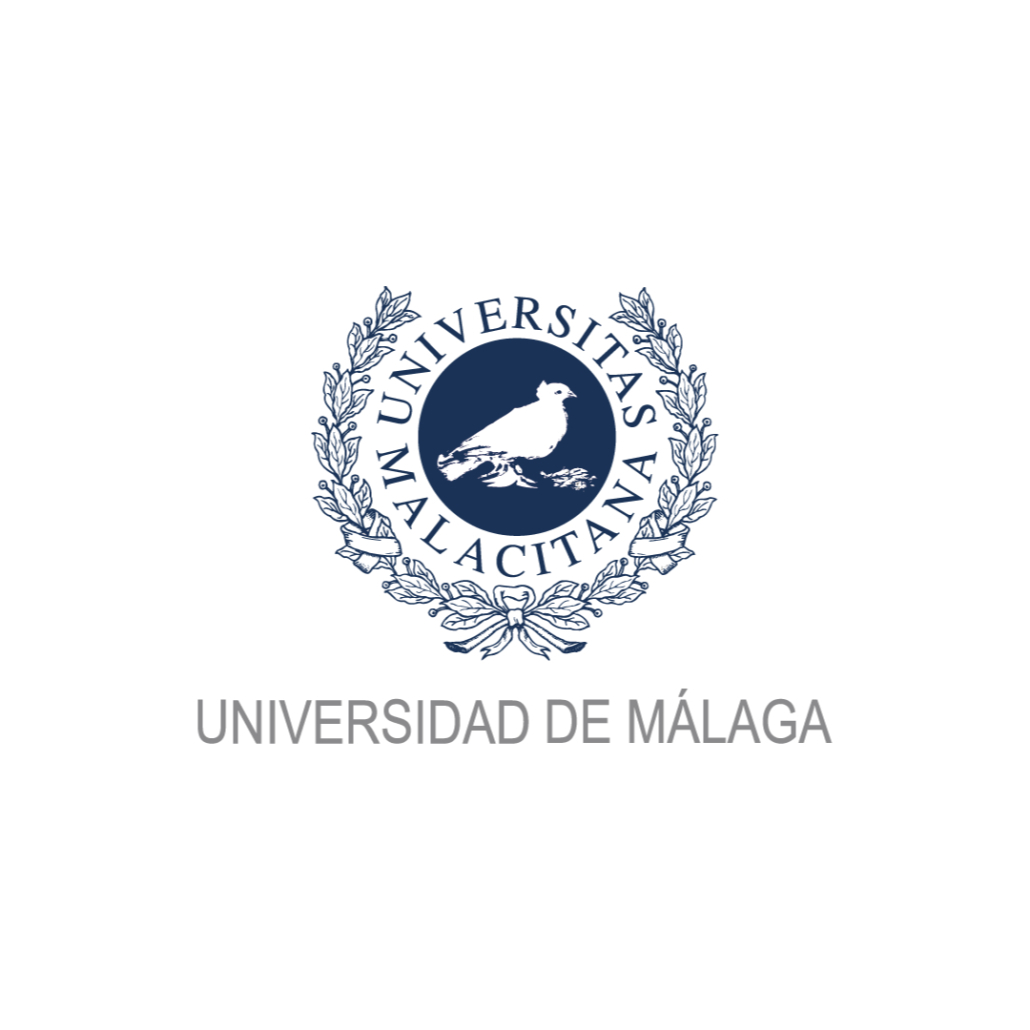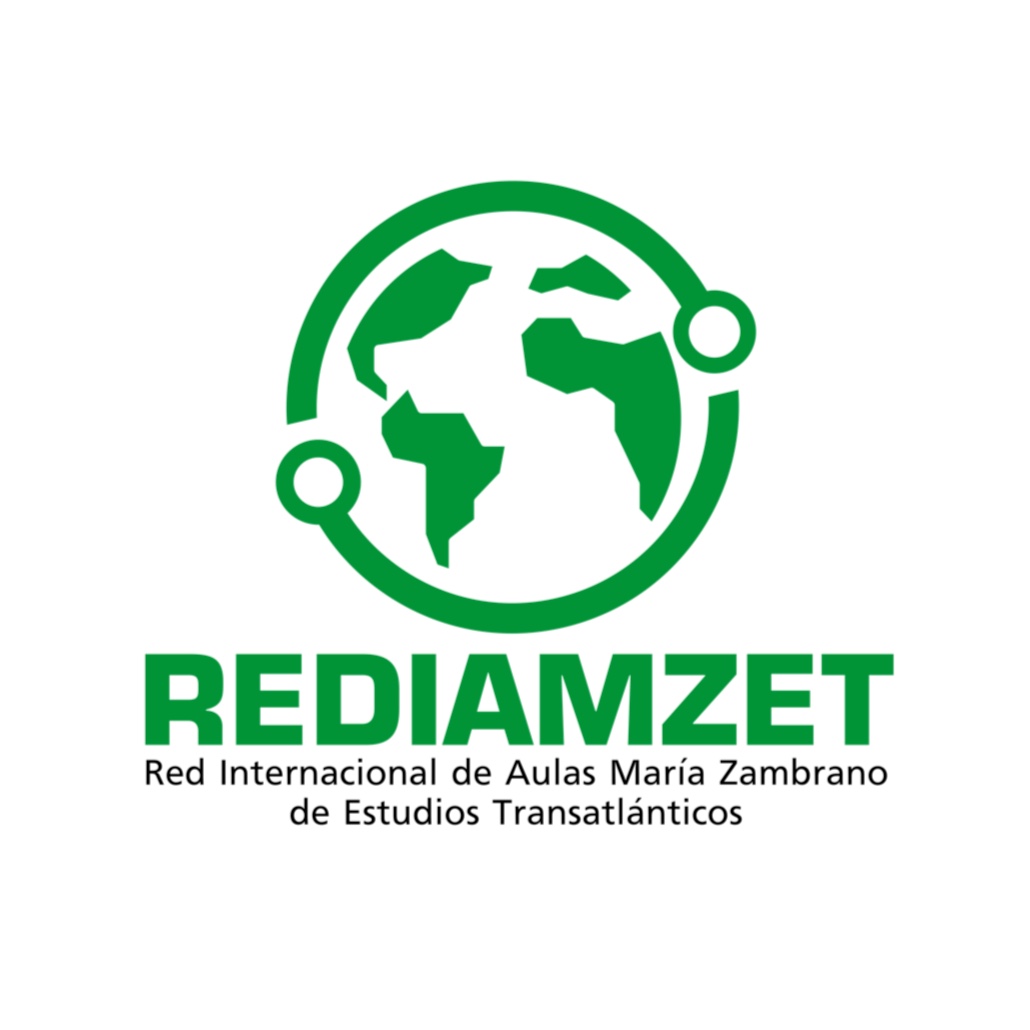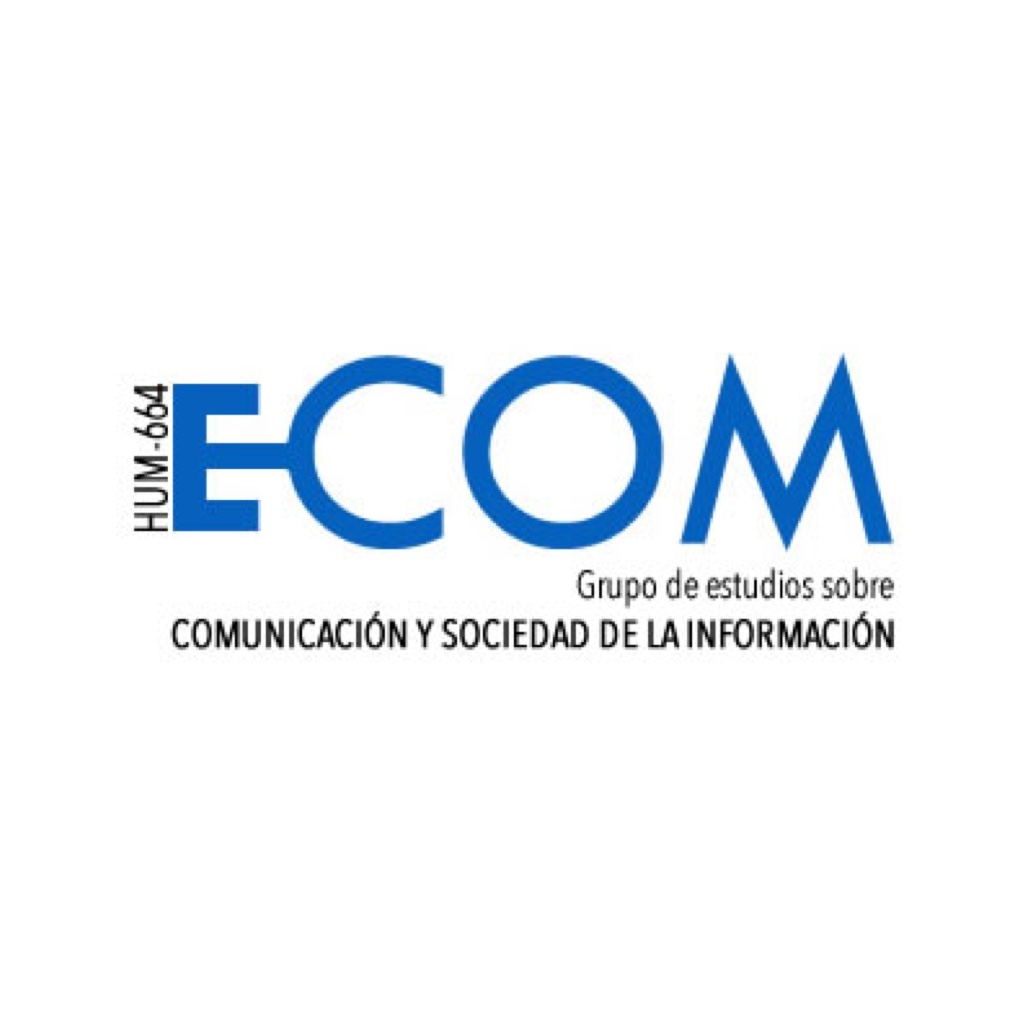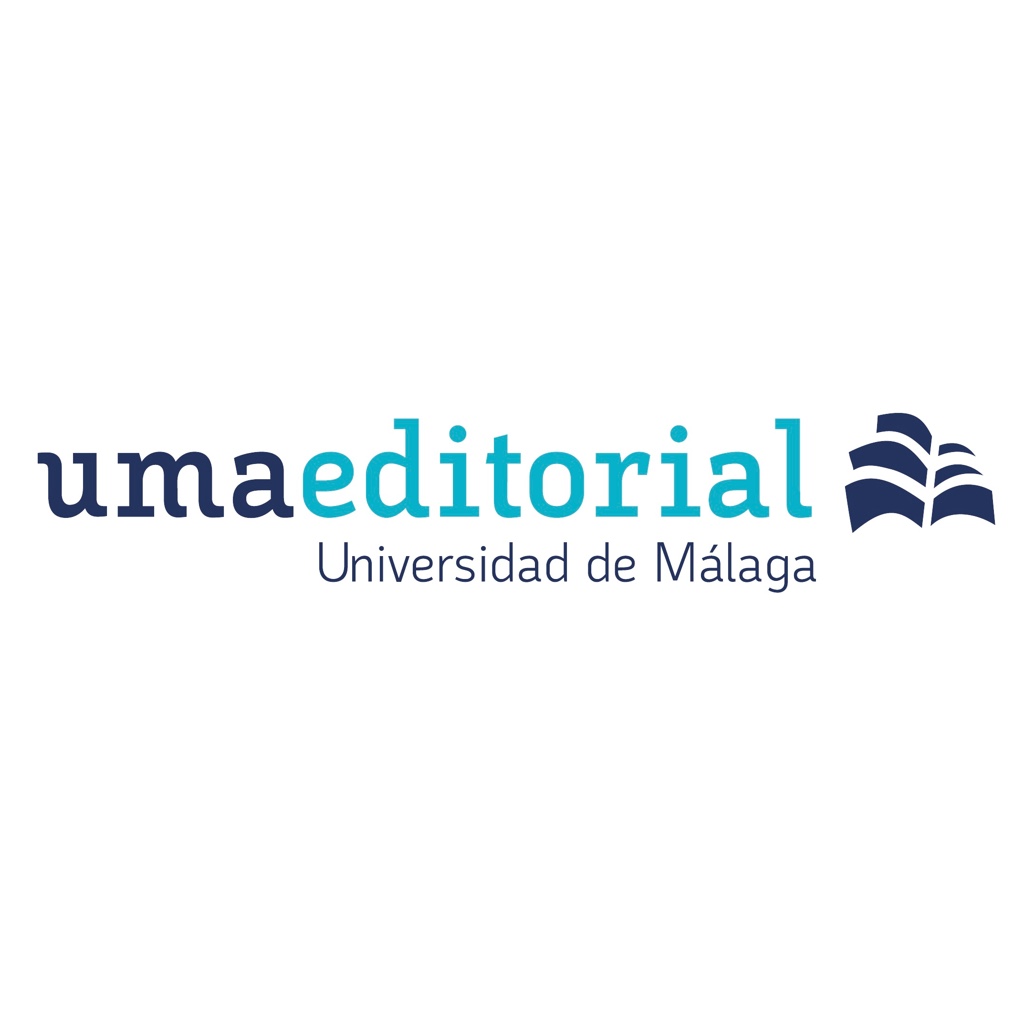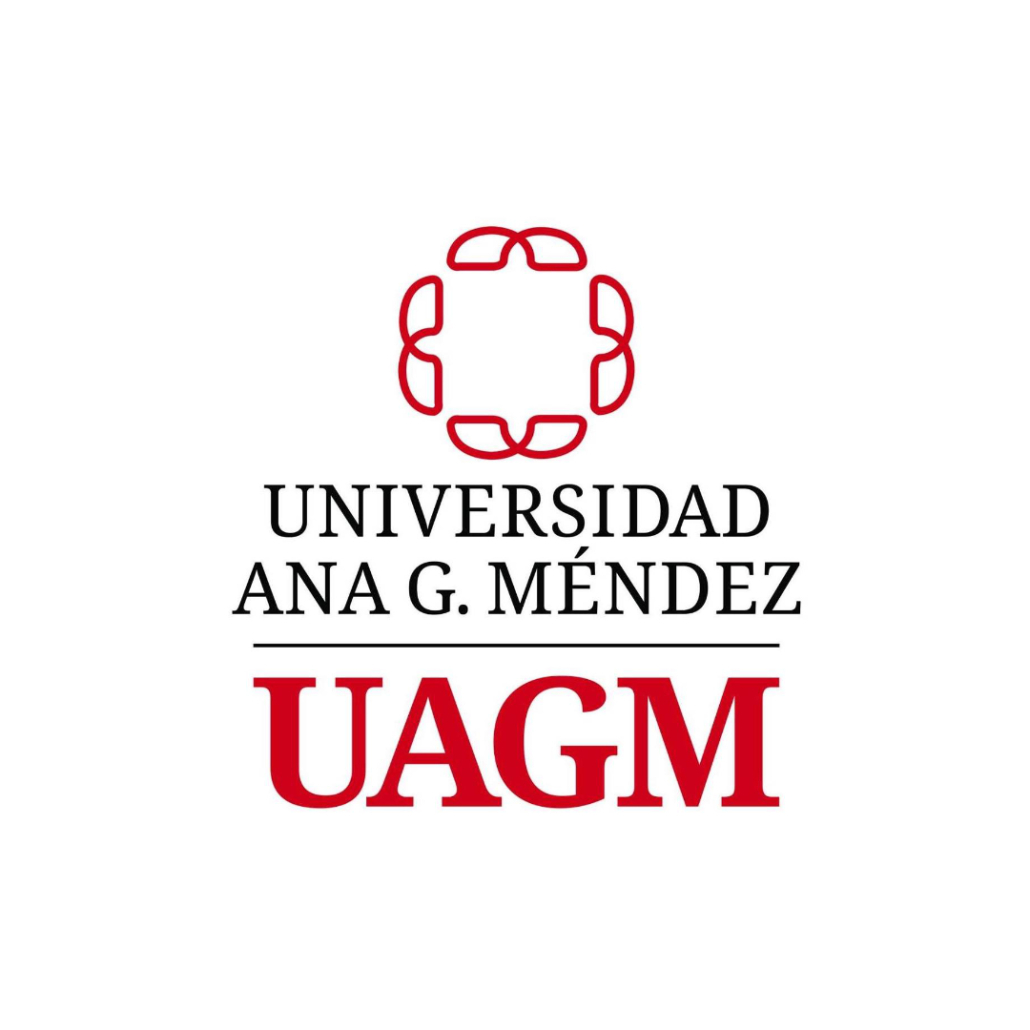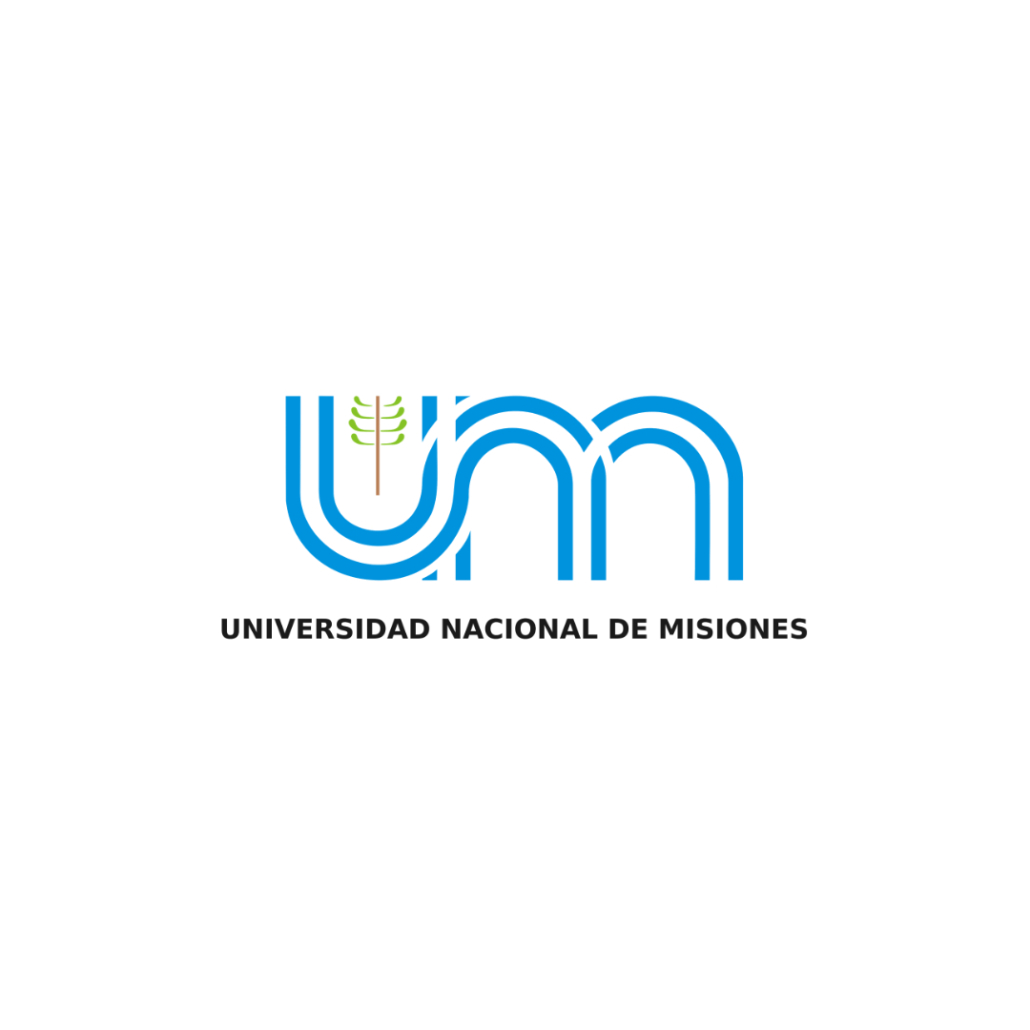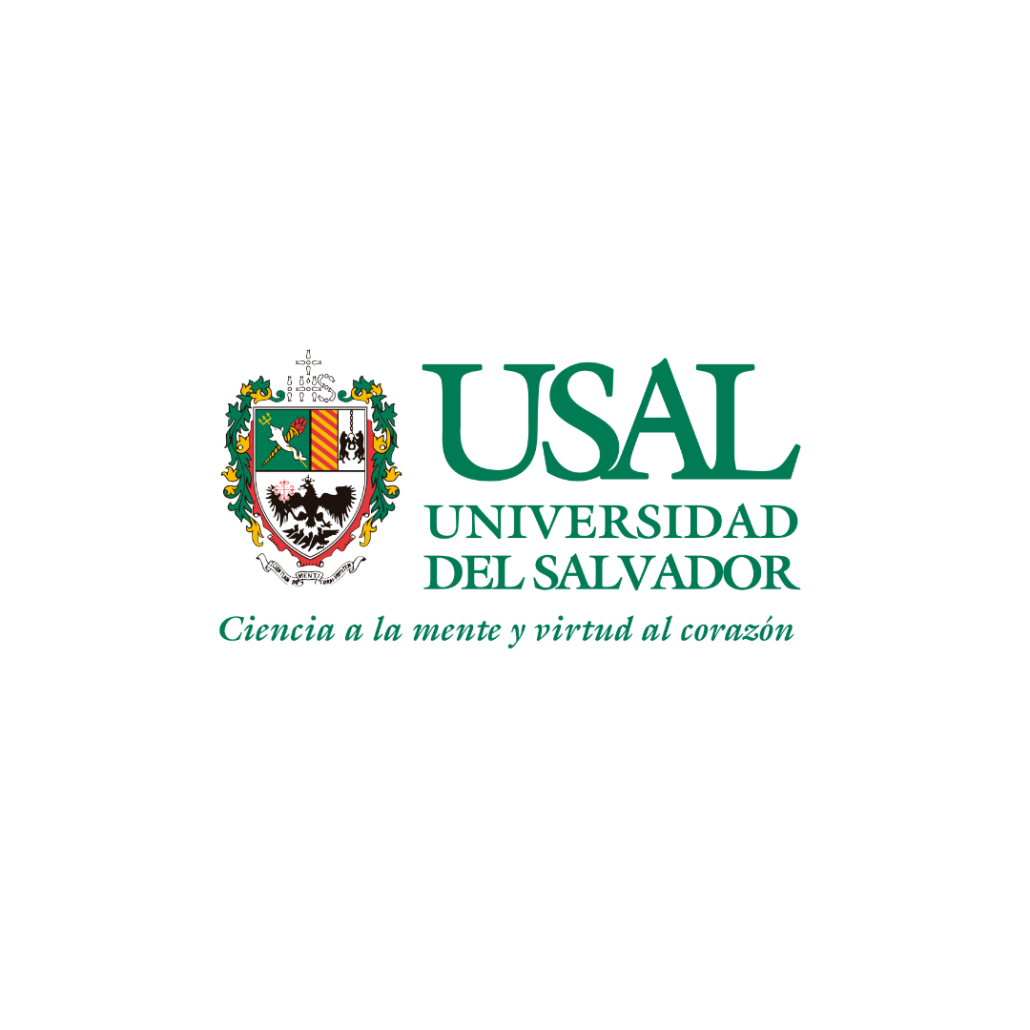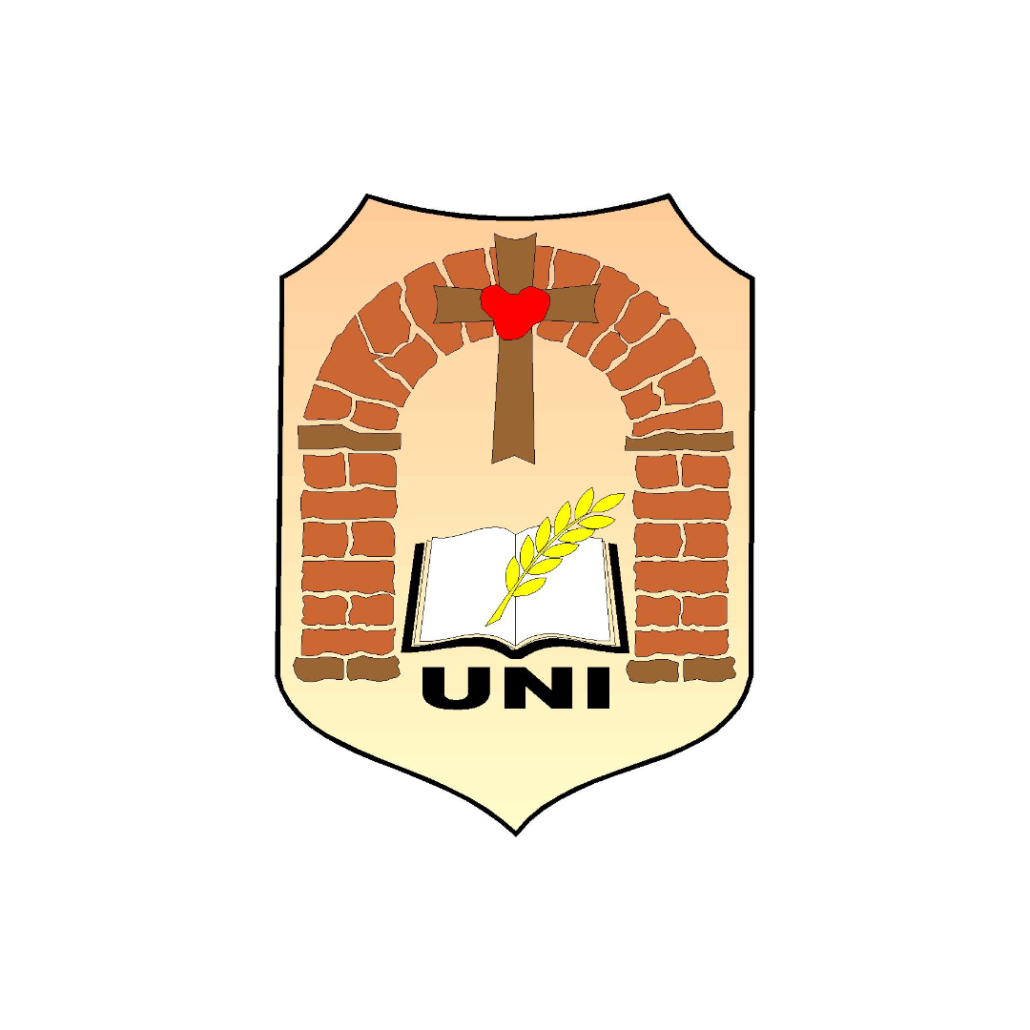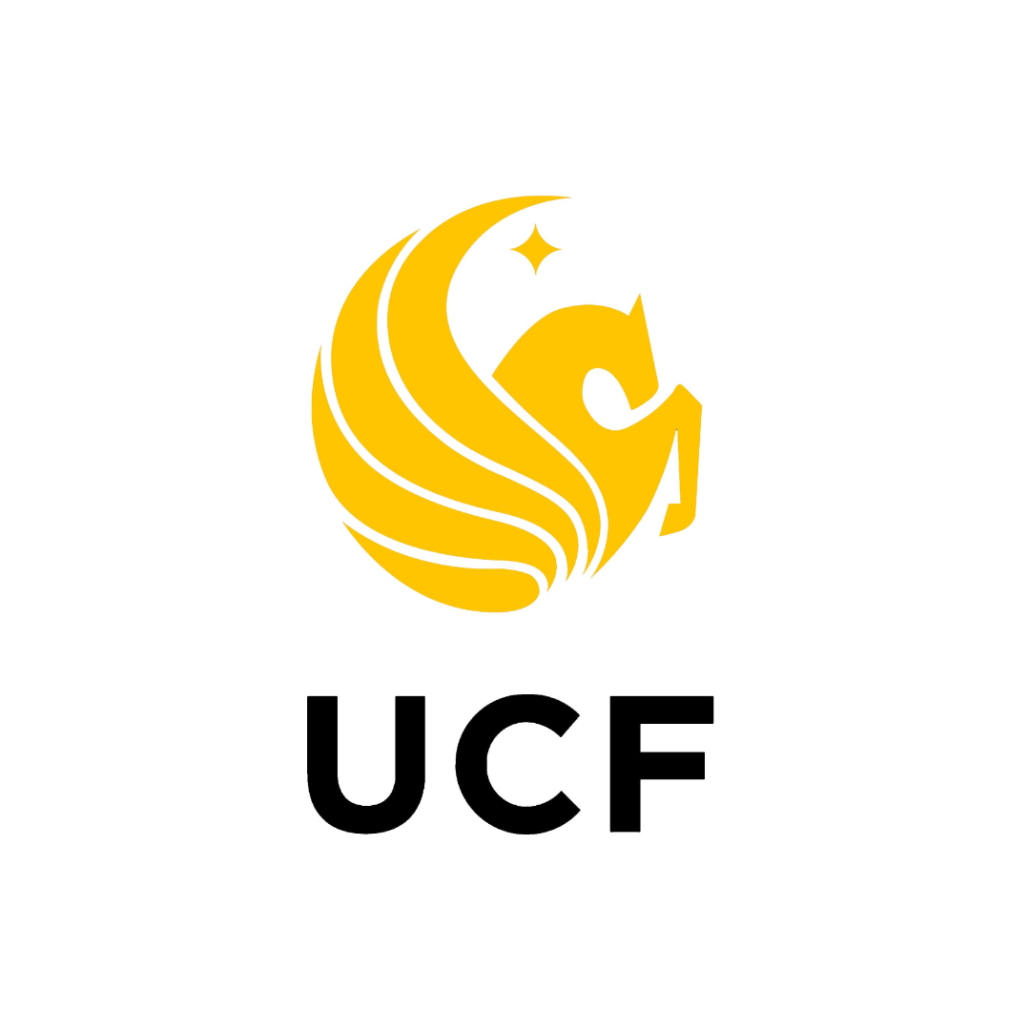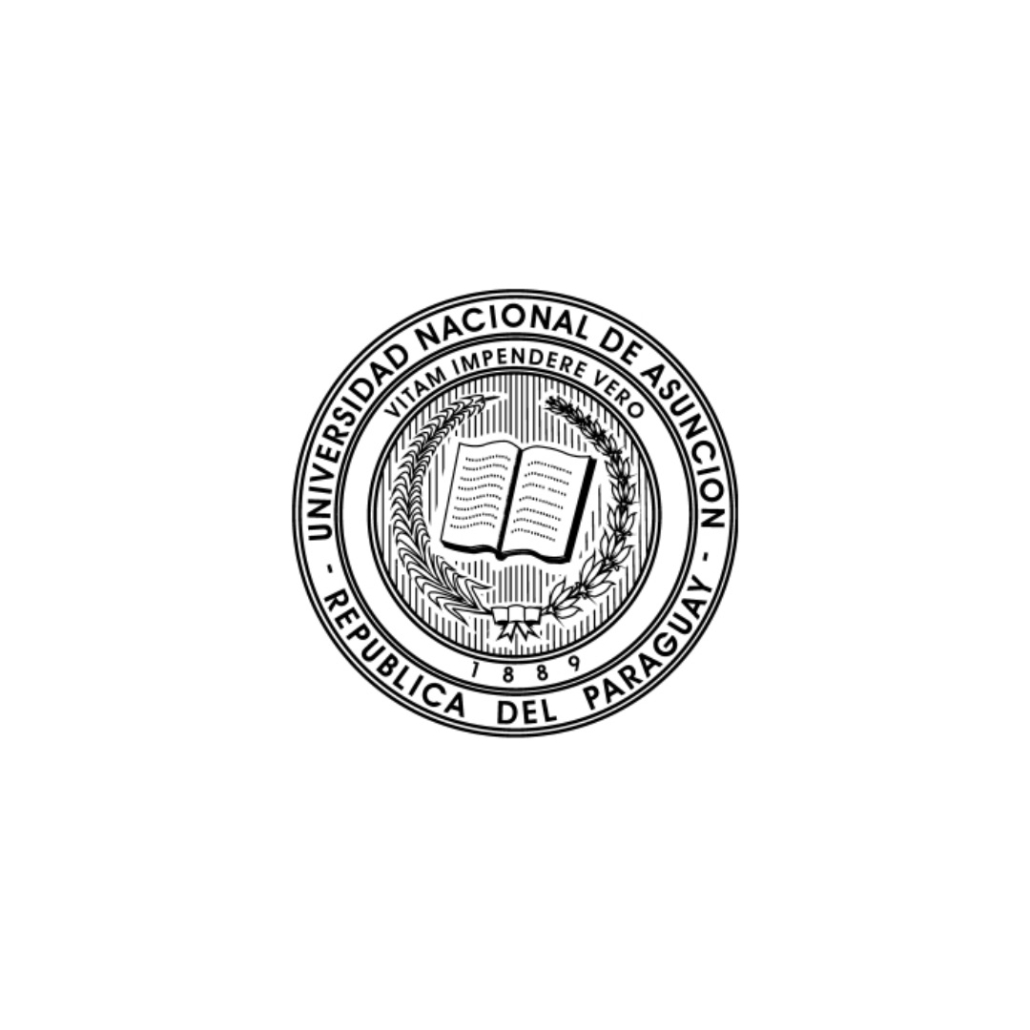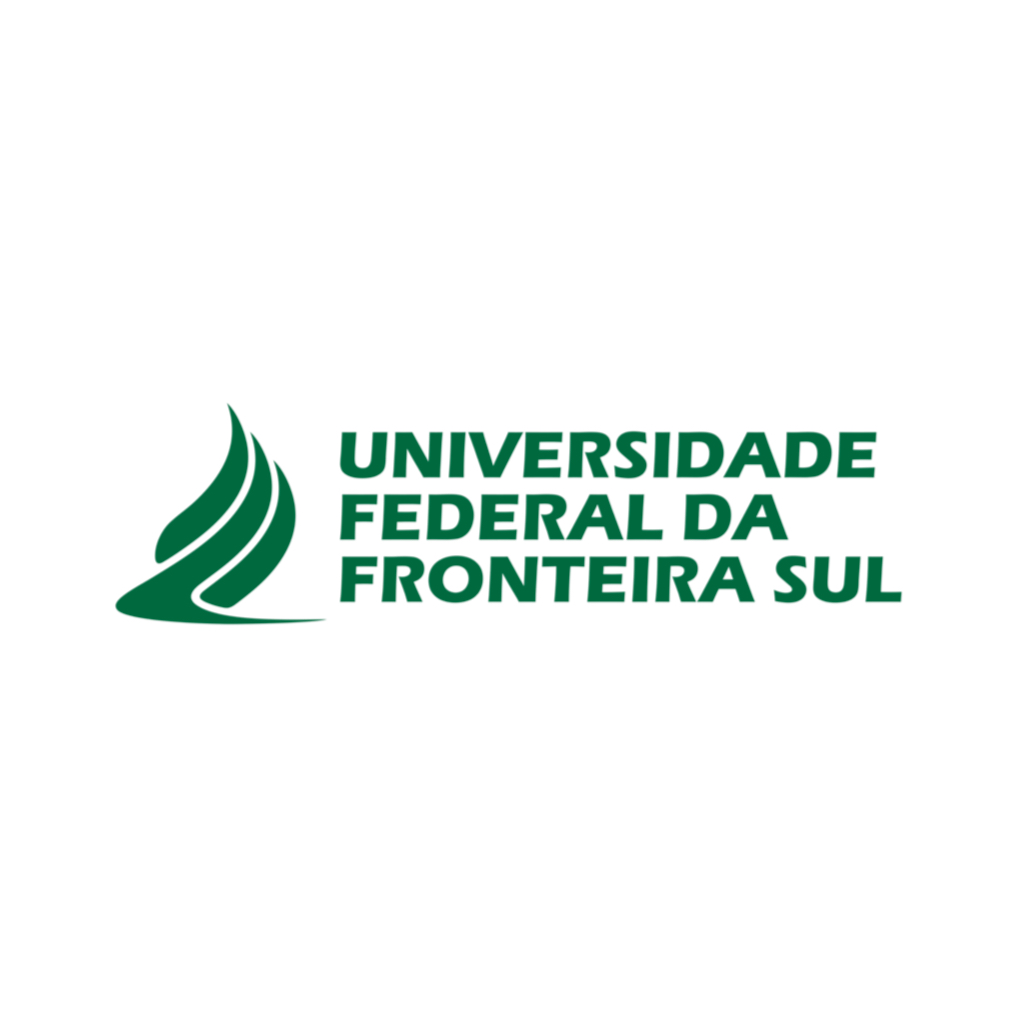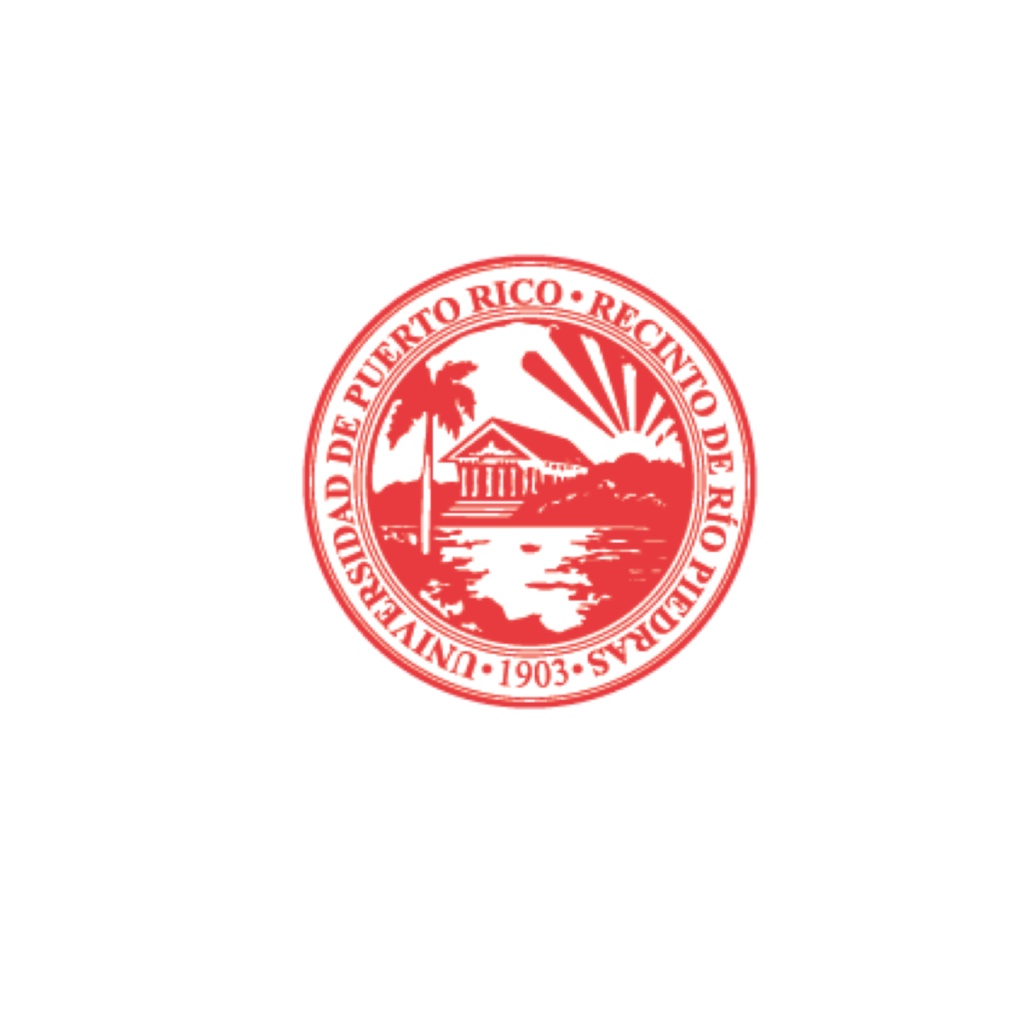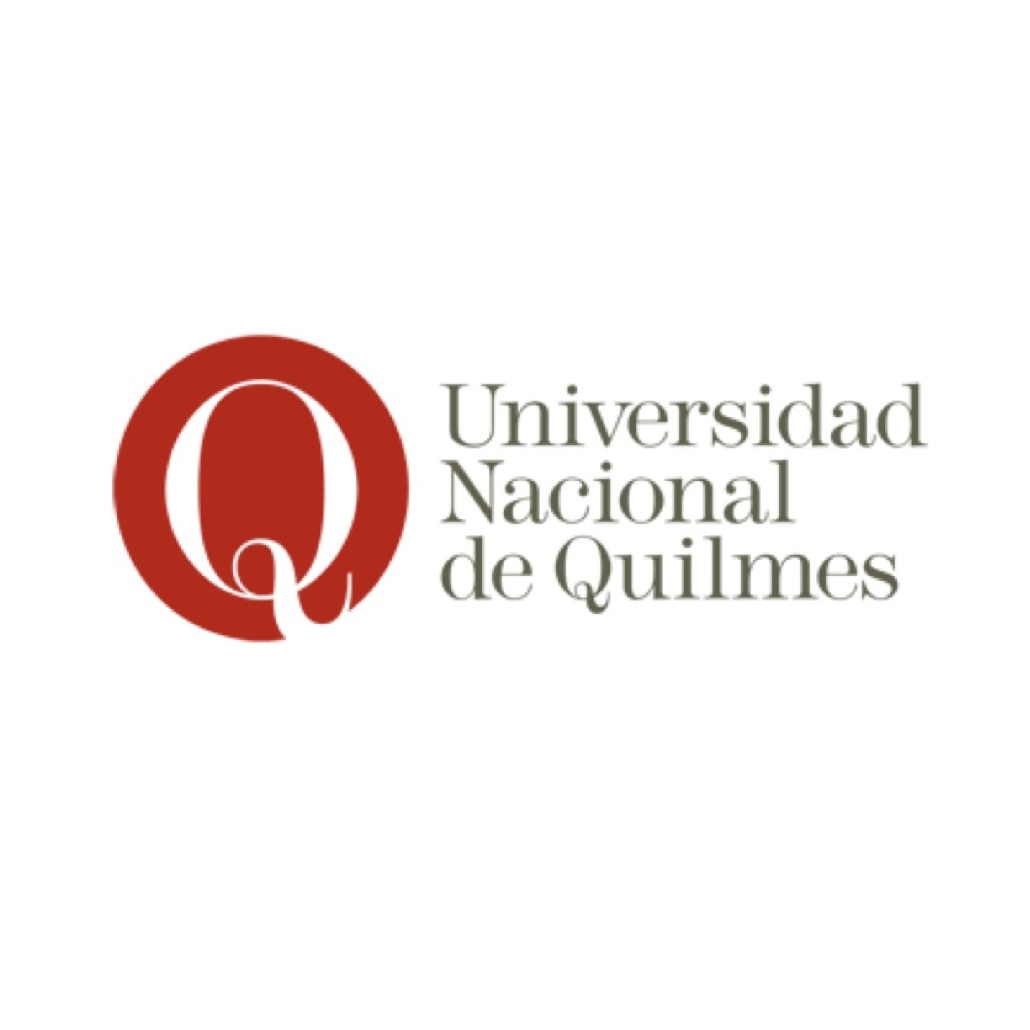María Zambrano and Francisco Ayala
DOI:
https://doi.org/10.24310/TSN.2022.v7i13.16352Keywords:
María Zambrano, Francisco Ayala, José Ortega y Gasset, Cervantes, thought, exile, creativity, meaning, senseAbstract
María Zambrano and Francisco Ayala are considered, from the perspective of the 21st century, in addition to great creators, the highest exponents of essay writing of their generation, within the framework of the “silver age” of Spanish literature. There are numerous parallels between the two (it is more complex to speak of interinfluences) that have not yet been sufficiently highlighted, and that are very revealing of the cultural field in which they develop their writing; from some common sources (especially Cervantes, Schopenhauer, Unamuno and Ortega, profoundly reinterpreted by both); of values and keys to better understand the crucial time they lived and their experience of exile. But almost more interesting are the nuances and divergences that —even from common concerns— we appreciate in the work of one and the other. With very different characters and with different worldviews, Zambrano and Ayala will be the maximum expression in their time, respectively, of original poetic thought and narrative and essay writing driven by the search for meaning and by the effort to explain the world. The idealism that Zambrano sometimes arrives at never completely loses contact with reality; Ayalian realism governed by ethics is never alien to ideality. These dimensions appear clearer if we put them in counterpoint. An in-depth investigation of what we are proposing exceeds the scope of this contribution, which we offer as a first outline of these pending tasks and the possible paths they could take in the future, through numerous partial approaches or even a monographic investigation.
Downloads
Metrics
References
Ayala, Francisco: Epistolario. Disponible en: http://www.ffayala.es/epistolario
Ayala, Francisco (2007-2014): Obras completas, VII vols., edición de Carolyn Richmond. Barcelona: Galaxia Gutenberg.
Ayala, Francisco (2020a): Glorioso triunfo del príncipe Arjuna, edición, introducción y notas de Manuel Ángel Vázquez Medel. Atarfe, Granada: Entorno Gráfico.
Ayala, Francisco (2020b): La invención del Quijote. Indagaciones e invenciones cervantinas, prólogo de Carolyn Richmond. Madrid: Sial Pigmalión.
Bourdieu, Pierre (2006): Las reglas del arte. Génesis y estructura del campo literario. Barcelona: Anagrama.
Cassani, Alessia (2002): «La Spagna ritrovata: il ritorno dall’esilio. I casi di Francisco Ayala e María Zambrano», en Spagna Contemporanea, 21, pp. 125-136. Disponible en: https://www.spagnacontemporanea.it/index.php/spacon/issue/view/43/34 (último acceso el 12 de enero de 2023).
Egido León, Angeles; Eiroa San Francisco, Matilde; Lemus López, Encarnación; y Santiago Bolaños, Marifé (dirs.), 2021: Mujeres en el exilio republicano de 1939. Homenaje a Josefina Cuesta. Madrid: Ministerio de la Presidencia, Relaciones con las Cortes y Memoria Democrática.
García Montero, Luis (2009): Francisco Ayala. El escritor en su siglo. Granada: Diputación Provincial.
Gómez Blesa, Mercedes (1995): Las palabras del regreso (Artículos periodísticos 1985-1990). Salamanca: Amarú.
Guillén, Claudio (1995): El sol de los desterrados. Literatura y exilio. Barcelona: Sirmio.
Hiriart, Rosario (1982): Conversaciones con Francisco Ayala. Madrid: Espasa Calpe. Hay una nueva edición de 2017 (Granada: Fundación Ayala) en la que no se incluye el texto de Ayala que citamos por la primera.
Irizarry, Estelle (1971): Teoría y creación literaria en Francisco Ayala. Madrid: Gredos.
Krauel, Javier (2022): Un intelectual en tiempos sombríos. Francisco Ayala, entre la razón y las emociones (1929-1949). Granada: UGR/Fundación Ayala.
Mainer, José Carlos (2019): «Francisco Ayala, a la fecha», en Revista de Libros. Disponible en: https://www.revistadelibros.com/francisco-ayala-a-la-fecha/ (último acceso el 12 de enero de 2023).
Marset, Juan Carlos (2004): María Zambrano, I. Los años de formación. Sevilla: Fundación José Manuel Lara.
Monmany, Mercedes (2021): Sin tiempo para el adiós: Exiliados y emigrados en la literatura del siglo XX. Barcelona: Galaxia Gutenberg.
Mora García, José Luis (2005): «María Zambrano: algunas reflexiones al final del centenario», en Revista de Hispanismo Filosófico, núm. 10.
Murcia Serrano, Inmaculada (2005): «María Zambrano y el estoicismo senequista español», en Themata. Revista de Filosofía, núm. 34, pp. 271-288.
Peinado Elliot, Carlos (2018): Tras las huellas de María Zambrano. Lo sagrado en la generación poética de los 70. Granada: Comares.
Sánchez Cuervo, Antolín; Sánchez Andrés, Agustín; y Sánchez Díaz, Gerardo (coords.), 2010: María Zambrano. Pensamiento y exilio. Madrid: Biblioteca Nueva.
Sánchez Trigueros, Antonio; y Vázquez Medel, Manuel Ángel (eds.), 2007: Francisco Ayala y América. Sevilla: Alfar.
Tejada, Ricardo (2016): «La ambigüedad cervantina en Francisco Ayala y en María Zambrano», en José Ángel Ascunce Arrieta y Alberto Rodríguez (eds.): Nómina cervantina. Siglo XX, Kassel, Edición Reichenberger, Estudios de Literatura, 127, pp. 201-222. Disponible en: https://ricardotejada.files.wordpress.com/2020/04/artictejada-ambigucc88edad-ayza1.pdf (último acceso el 12 de enero de 2023).
Vázquez Medel, Manuel Ángel (2005): El poema único. Estudios sobre Juan Ramón Jiménez. Huelva: Diputación Provincial.
Vázquez Medel, Manuel Ángel (2007): Francisco Ayala: el sentido y los sentidos. Sevilla: Alfar.
Vázquez Medel, Manuel Ángel (2020): «Glorioso triunfo de Francisco Ayala. Estudio introductorio», en Francisco Ayala (2020a): Glorioso triunfo del príncipe Arjuna, cit.
Zambrano, María (1989): «Discurso con ocasión del Premio Cervantes 1988». Disponible en: https://www.rtve.es/rtve/20141021/discurso-maria-zambrano-premio-cervantes-1988/1033544.shtml (último acceso el 12 de enero de 2023).
Zambrano, María (2011): Obras completas, VIII vols. Barcelona: Galaxia Gutenberg.
Downloads
Published
How to Cite
Issue
Section
License

This work is licensed under a Creative Commons Attribution-NonCommercial-ShareAlike 4.0 International License.

